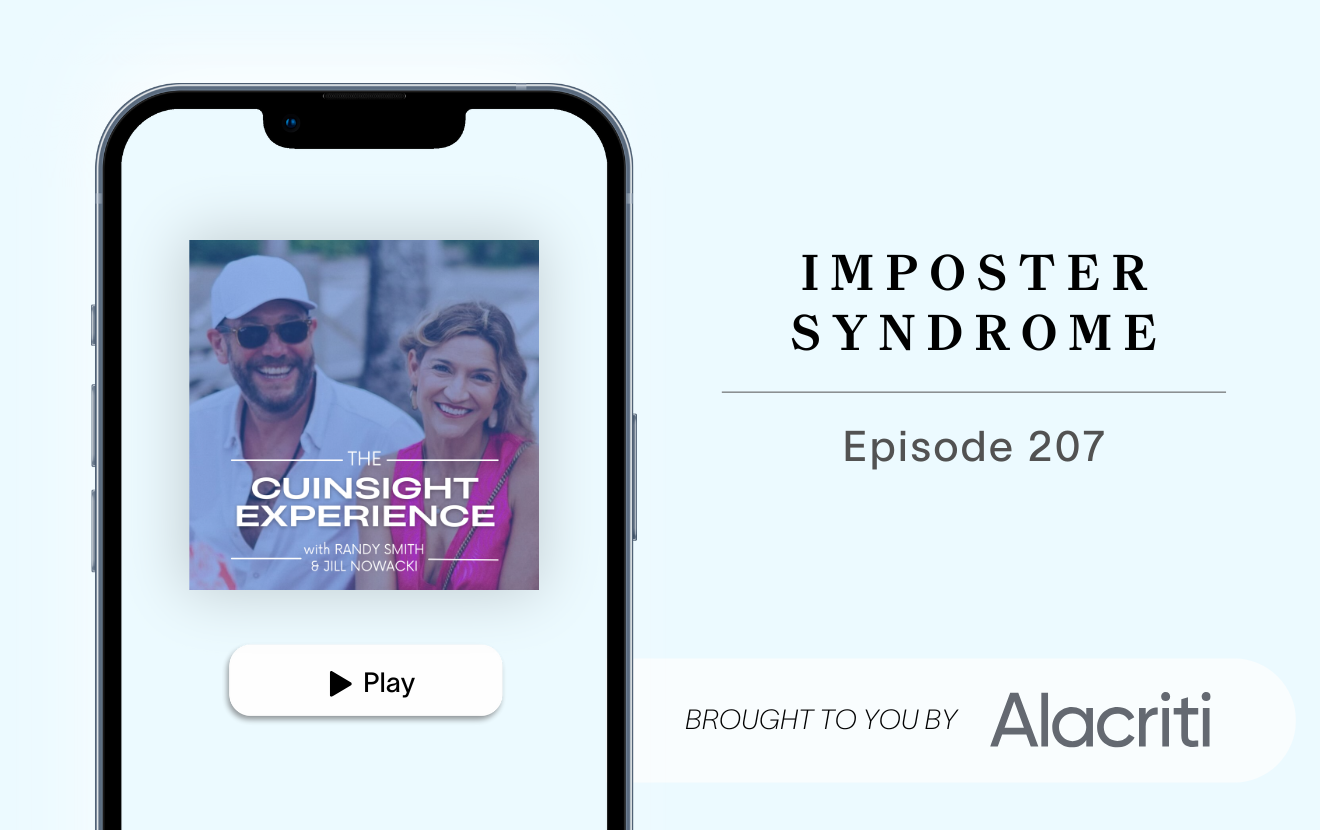I was barely paying attention to the lights, and the music, and the way Troy Stang swayed there. Nor did I follow the magical person who read to our 500 strong audience, about her experience, and what that meant to her, or the way things flickered around me in that strange, unrepeatable presence of credit union people, together, enjoying desserts and coffee. For me that night, it was a belt of whiskey, which my own CEO had insisted the credit unionpay for.
Little did I know, that nearby, behind those behemoth, velvet blue-purple curtains, my family stood, whispering in the darkness, and edged with an apprehensive curiosity for what was next.
The magic onstage was a woman named Rachel Pross. An outspoken genius of not only the industry, but also in family, in art, and in the ways of what we should all aspire to be, as human beings, on the planet Earth, and in this one wild and precious life.
I was moments from earning the “Young Credit Union Professional of the Year” award from my Association, and as the lights dimmed and my beautiful cousin appeared on the 10’ screens flanking the stage, to explain how I’d always been her “hero,” I couldn’t have been less prepared.
How had I gotten there? Who was I? There is value in that question. Because, frankly, each of us, are our own heroes. And, in a wayward sense of the whole event, I do recall one thing: All I’ve ever really done…is speak up.
That means a whole heck of a lot of things, right? In a roundabout way, I knew what Rachel had been saying, even though in my blind, stumbling manner in which I accepted the honor, it had been an honor of hers, too. She‘d earned the same award the year prior, and it’s supposed practice we stand up and announce our next. Not to speak for her, but, well, lets let her speak for herself, because talking back sometimes can make differences you may never understand, until others nod their heads at you, tip hats, and buy you whiskey.
This year is still 2020, yes, and to me, that marks an amazing precursor to the potential magic of our future, as cooperatives, and as burgeoning, new minds. So, take a seat, open your thoughts, and remember, sometimes it pays off to talk back.
The following is an unabashed and candid LinkedIn conversation, with my magic, Rachel Pross, the Chief Operations Officer at Maps Credit Union, headquartered in Salem, Oregon...
Rachel, you've always inspired me (aww, thank you!)with the way you show no fear in speaking up and out against things you know are wrong. Often, we know when something is wrong and simply not enough or sometimes nothing at all is being done. What are a few tips on ways one can recognize and acknowledge something, which we worry might be wrong, but notice no one is doing anything about?
I think the best starting place for this is your gut. In the past, I used to over-analyze situations from every angle, and it only resulted in indecision or no decision at all.And “no decision at all” is actually a decision, though it’s hard for anyone to admit that.Over time, I’ve learned to trust my gut and pay attention to that inner voice.Talking with friends and colleagues, I can’t tell you the number of times I’ve heard a story that begins with, “I just had this gut feeling….”And our gut feelings are usually spot on! Trust your gut, and pay attention when it’s speaking to you. If your gut says something is wrong, it’s probably wrong.If your gut says someone should speak up about it, then someone should probably speak up about it.Why not you?A way to speak up that doesn’t feel aggressive or overly confrontational is to simply ask a question or ask for clarification.If someone makes a statement that sounds awful, it’s ok to ask, “What did you mean when you said _____? I’d like to better understand.” I always try to start with giving the benefit of the doubt, and sometimes further explanation completely diffuses a situation. If not, then it just makes me surer of my decision to speak up.
As a final thought on this one… you know the song “History Has its Eyes on You” from Hamilton? I actually wrote that when I was 14. Kidding.Ok, but seriously, I often find myself asking, “Would I be proud of myself if I looked back on this moment?” Ouch. It hurts, and it’s sometimes the extra nudge I need to say, “Hey, this isn’t ok.”
How do we separate personal opinion from what is good for business and for our members, or do we, and if so, how do we identify what that looks like?
I’m a big believer of bringing our whole selves to work and being truly authentic—that is, being the same person at work as you are outside of work.That said, it’s obviously not the wisest move to bring up hot-button issues in a professional environment.For me, the line is when something comes down to being right or wrong.Politics and religion and controversy aside, wrong is wrong.Fraud is wrong.Dishonesty is wrong.Sexual harassment is wrong. Racism is wrong.Discrimination or exclusion is wrong.It’s ok to speak up when we see something that’s wrong.The culture of a workplace, including what is and isn’t acceptable, can and does change for the better when it’s safe to speak up.It’s on leaders to set that tone.
Speaking up to leadership is not an easy task, and of course it should be done with respect, perhaps with even some humility. What are a few thoughts you have on the best ways to stand up when you know something is wrong?
It takes a lot of courage to speak up to leadership. Even lateral “confrontations” are uncomfortable, and that discomfort is quadrupled when there is a power dynamic at play. I think it’s very important that credit unions offer an anonymous reporting mechanism or “integrity hotline,” for one thing.It eliminates the power dynamic and provides a voice to employees who might otherwise be fearful to express their feelings and observations without retribution. Again, it’s on leaders to set the tone.The advice I’d give someone who is trying to figure out how to approach a leader about something that’s wrong is to do it respectfully and without judgment. Never approach a conversation believing you have the upper hand, that you know the full picture, or that the other party has failed somehow—that’s a recipe for disaster. Leaders juggle many balls—some invisible—and they’re human, too.They might already know what’s going on and be working on it behind the scenes.Ask for a good time to chat. Approach the conversation with, “I observed ABC, and it made me concerned that XYZ might be happening here. I felt like it was important for me to speak up and let you know about it, even if it’s only to equip you with this information in case you’re already aware and dealing with it.”
Some credit unions I know of believe in focusing on only doing what they believe is good and right, which can often isolate or even cause forced dissension among membership. How do you aptly stand behind your thoughts when expressing dissent in regards to actions or lack of actions by your leadership team?
A great way for leaders to invite open and honest feedback is to set a strong foundation by having diverse voices at the table to begin with.No one makes their best decisions in an echo chamber.It’s harder to notice wrongdoing when every voice at the table has a similar perspective.This is yet another reason why DEI is so critically important to our industry. It isn’t just the flavor of the month.DEI is absolutely fundamental to the life of our movement, to making thoughtful and impactful decisions, to serving our members honorably and staying ahead of their evolving needs, and to correcting our course when we’ve fallen short.
When I took the stage in my lumbering confusion, I wish I could express to you how important this new, (at the time) weird pang felt within my heart, and how I just knew that this award didn’t belong to me – it belonged to so many others. And how excited I continue to be when I watch those beautiful eyes light up as their name is read off and their families appear onstage.
But that magic I speak of isn’t about me. Sure, there’s a lot of talk about me in this article, but I think the most special piece of anything I say here now, is that you, too, have a voice, and in that voice, there exists love, wisdom, passion and heart, and home. We’re all people, remember, and people helping people, while overstated, is a good thing. And good things, never die.
Use your voice – it may get you somewhere one day.
A hand over my heart with sincerest thanks for Mrs. Pross, and her mind in helping me write this article.







